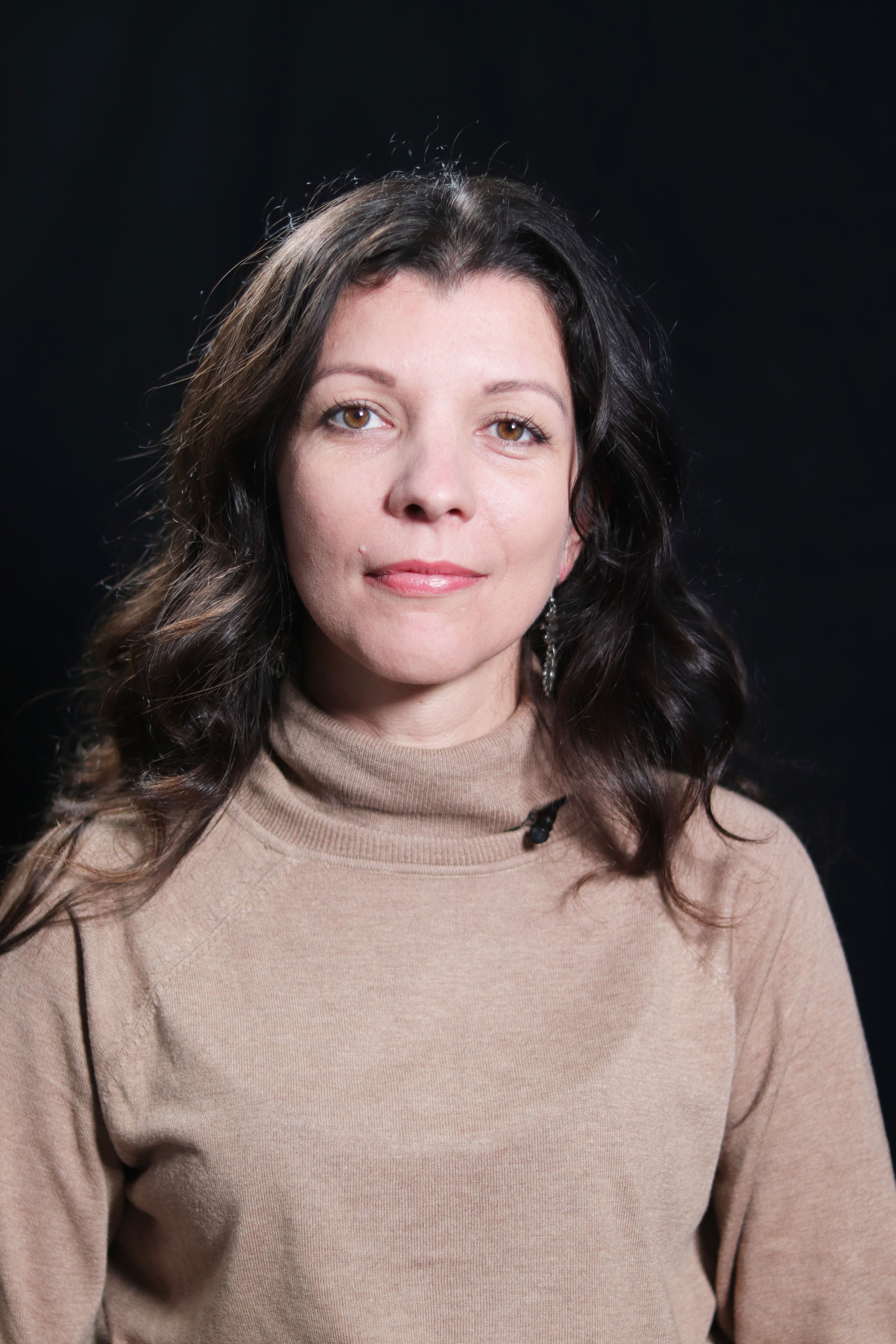It turns out that this last train to go from Kyiv to Yasynuvata... This is the last train to reach Yasynuvata. At that time, it no longer continued to Donetsk. My father arrived on this train, and my husband left. After that... I don't know, literally there... it seemed to me that it happened right away. My father was somewhere... My husband came to Vinnytsia region to pick me up, and we went to Kramatorsk. My father... very fierce fighting had just started in Yasynuvata. There was no communication there, it was impossible to reach anyone. It was only if a person charged something somewhere, a phone, was able to send a text message, that was lucky. There's Halyna, who... On August 10 [2014], she got a granddaughter... Maksym's daughter Zlatka. And on the 12th [of August] he received a summons. Of course, he went to the military enlistment office. Halyna was thinking of exempting him somehow, and he had a fight with her about it. So, my father was out of contact, and Maksym was being taken away... I can't imagine Halyna's condition at all, how she survived everything there with her little granddaughter. We went to Kramatorsk... this is the impression of Kramatorsk... We arrived at night, the train arrived around four in the morning. It was my first time in this place, a strange city, into the unknown. My husband had some relatives there who... with whom we came to stay, they helped us until we found a more or less decent place to live. That's how we ended up in Kramatorsk. My father used to say that it was 10 days of hell. That is, without communication, without anything, almost constantly sitting in the basement. They had some meat in the freezer, no bread, nothing. You cook this meat and have to eat it because there is nothing else. He had to bury his neighbor, who was killed by a shell. The police just came and confirmed that, yes, he was dead. They said, “If you want to, bury him yourself." He and his neighbor washed him, dressed him, and took him to the cemetery in their cars. He said, “We arrived, and there were some, you know, Caucasians, I don't know, Chechens, Abkhazians, whoever." The coffin was being transported in some kind of Volkswagen van, presumably. Everyone who was going to the funeral was in a Moskvich. [The Chechens] let them in, waited there. They just buried him, put the coffin in that pit, buried him, no cross, nothing. They were coming back. [The Chechens] let the Moskvich through, but the Volkswagen van was confiscated “for the needs of the republic.” My father told me how he got out of that. There was no connection, he and his neighbor decided to leave Yasynuvata at their own risk. They drove to Avdiivka in his car and the neighbor's car and then went through the [Donetsk] filtration station. It looked like a checkpoint, but there was no one there, and they looked around — no tripwires, nothing. In short, they entered Avdiivka without any incident. He said, "We are entering Pokrovsk, and it's a Saturday, Independence Day, a wedding as if it's a completely different life."















